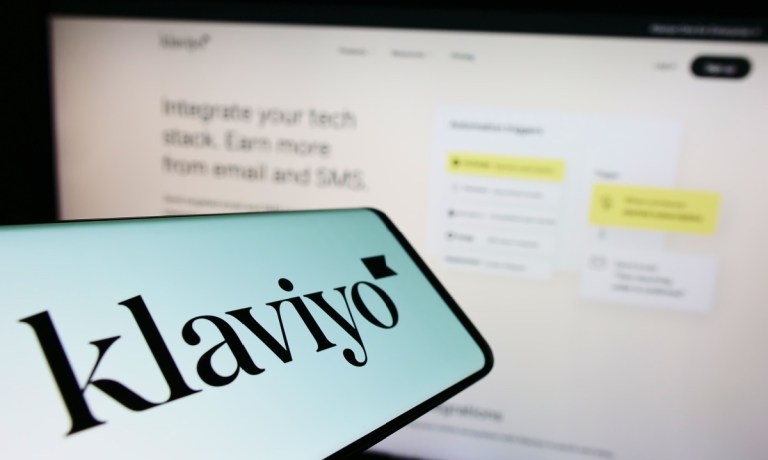Klaviyo Joins Other High-Profile IPOs Dipping Below Listing Price

Klaviyo’s stock has dipped below its listing price, the latest disappointment for the initial public offering (IPO) space.
The marketing automation firm now joins a string of high-profile companies whose IPOs were met with much fanfare, only to eventually slump, Bloomberg reported Friday (Oct. 20).
Chipmaker Arm, grocery delivery platform Instacart and sandal seller Birkenstock all went public last month. Each of them is “down more than 26% from their intraday peaks while Birkenstock has never traded above its $46 offer price since debuting last week,” per the report
Klaviyo had managed to remain above its $30 IPO price for one month following its debut, while smaller concerns about the other companies collided with larger issues, such as the recognition that interest rates would remain high, as well as the wars in Ukraine and Israel, the report said.
Wall Street had hoped the listings would help rejuvenate the IPO market after a long fallow period, per the report.
However, the situation has led venture capitalists to advise companies to hold back on filing IPOs.
“In our portfolio, we would advise: unless you really need to, hold back,” Mike Volpi, a general partner at VC firm Index Ventures, said at the start of this month. “The market has been rough in the past few weeks. … Unless you need to go out, I’d wait until the second half of next year.”
There is an estimated backlog of nearly 80 IPO candidates waiting to go public.
However, the looming threat of a government shutdown in the United States has reportedly changed things in the intervening weeks. Companies are submitting filings for IPOs now out of concern that a shutdown could come in mid-November.
If the government were to shut down, agencies such as the Securities and Exchange Commission (SEC) would be left with a skeleton staff. That would hinder new IPO listings and force companies to either expedite efforts to go public sooner than planned or wait until the government reopens.
“The question starting next week is whether issuers will be willing to file publicly in order to have the optionality if there is another government funding extension with the risk of being on file publicly for months if there is no extension,” Richard Truesdell Jr., a partner at law firm Davis Polk & Wardwell, said Tuesday (Oct. 17).